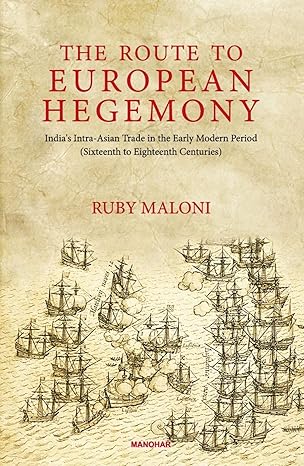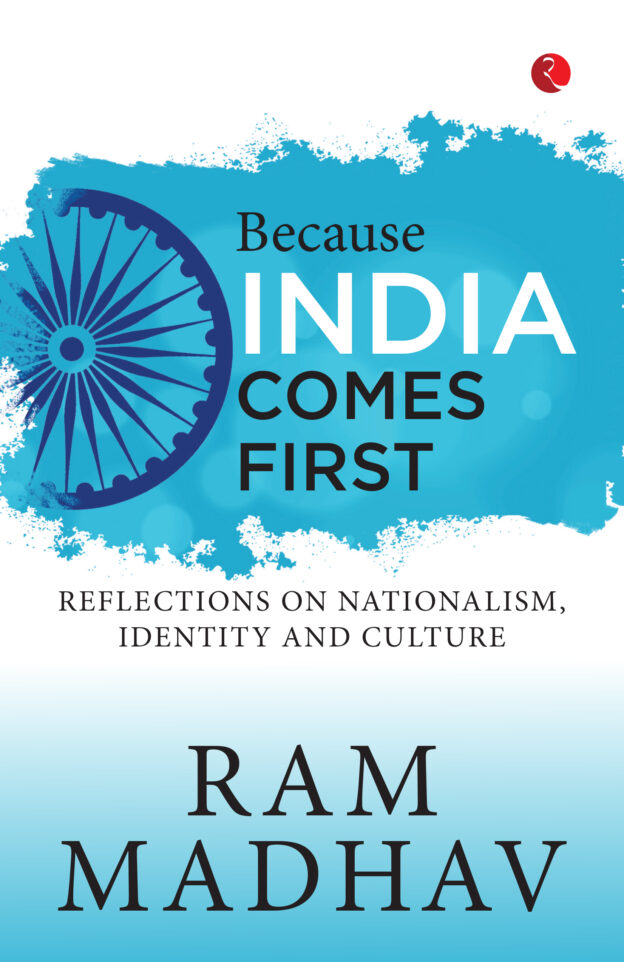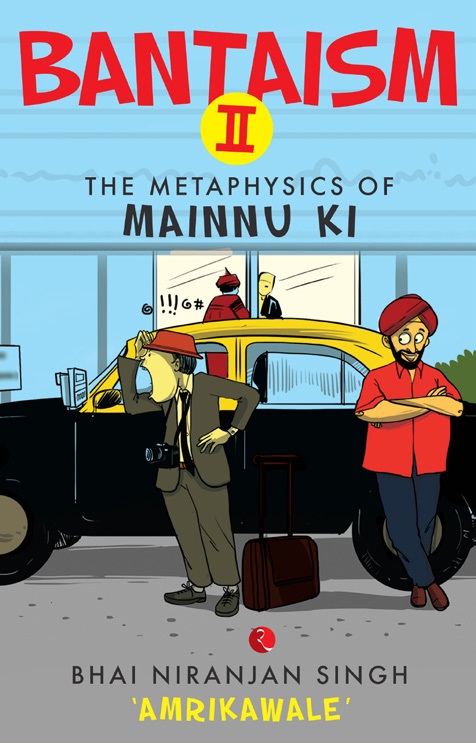The Route to European Hegemony: India's Intra-Asian Trade in the Early Modern Period( Sixteenth to Eighteenth Centuries)
Availability :
In Stock
₹ 1,501.50
M.R.P.:₹ 1950
You
Save: ₹448.50 (23.00% OFF)
(Inclusive
of all taxes)
Delivery:
₹ 60.00 Delivery charge
Author:
Ruby Maloni
Publisher:
Manohar Publishers
ISBN-13:
9789390035960
Publishing Year:
2021
No. of Pages:
301
Weight:
1 kg
Language:
English
Book Binding:
Hardcover











